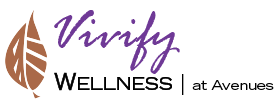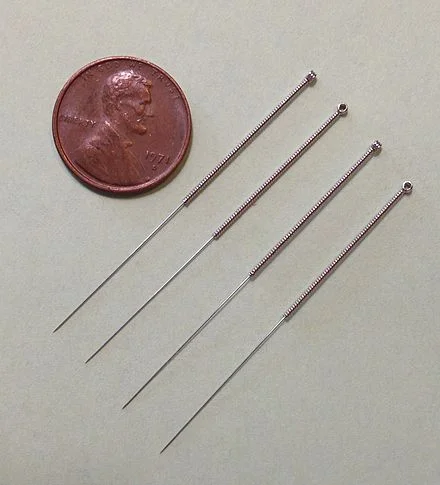One on One Acupuncture
More Information about Acupuncture Below!
What Is Acupuncture?
For many, the idea of being pricked with a needle sounds more like a nightmare than a relief. If you are unfamiliar with acupuncture, allow us to make it seem a bit less scary. Here’s the answer to your first question, ‘does it hurt?’ Most people will say no, or describe pain at the level of a mosquito bite.
Acupuncture is an ancient Chinese medicine-based approach to treating a variety of conditions by stimulating specific points on the skin by inserting thin metal needles.
How Does Acupuncture Work?
The theory and practice of Acupuncture originated in China hundreds of years ago. The tradition of acupuncture theory believes that energy flows within the human body and this energy can be channelized to create balance and health. Acupuncture developed over the next few centuries and gradually became one of the standard therapies used in China.
Traditional Chinese medicine explains that health is the result of a harmonious balance of the complementary extremes of "yin" and "yang" of the life force known as "qi," pronounced "chi." Illness is said to be the consequence of an imbalance of the forces.
The main western hypothesis explaining Acupuncture is that it works through neuro-hormonal pathways. Basically, you place the needle through specific points in the body and stimulate minute nerve systems. These tiny nerve systems actually send signals to the brain, and the brain releases neural hormones in response.
Acupuncture and the Modern World
Acupuncture is now widely accepted among the medical community. In 2003, the World Health Organization published an official report of over 30 different conditions that Acupuncture was proven to treat effectively. And research into Acupuncture as a medical treatment has grown exponentially in the 20 years since (over 13,000 studies in over 60 countries). Its unique role in reducing suffering in patients experiencing pain is one of the main reasons it has become so popular around the world. Acupuncture can also help with stress and anxiety by calming the hypothalamus (part of the brain that ‘sends the distress signal’ and activates our ‘fight or flight’ response). It also encourages the body to release endorphins, otherwise known as the body’s own ‘feel-good’ chemicals.



